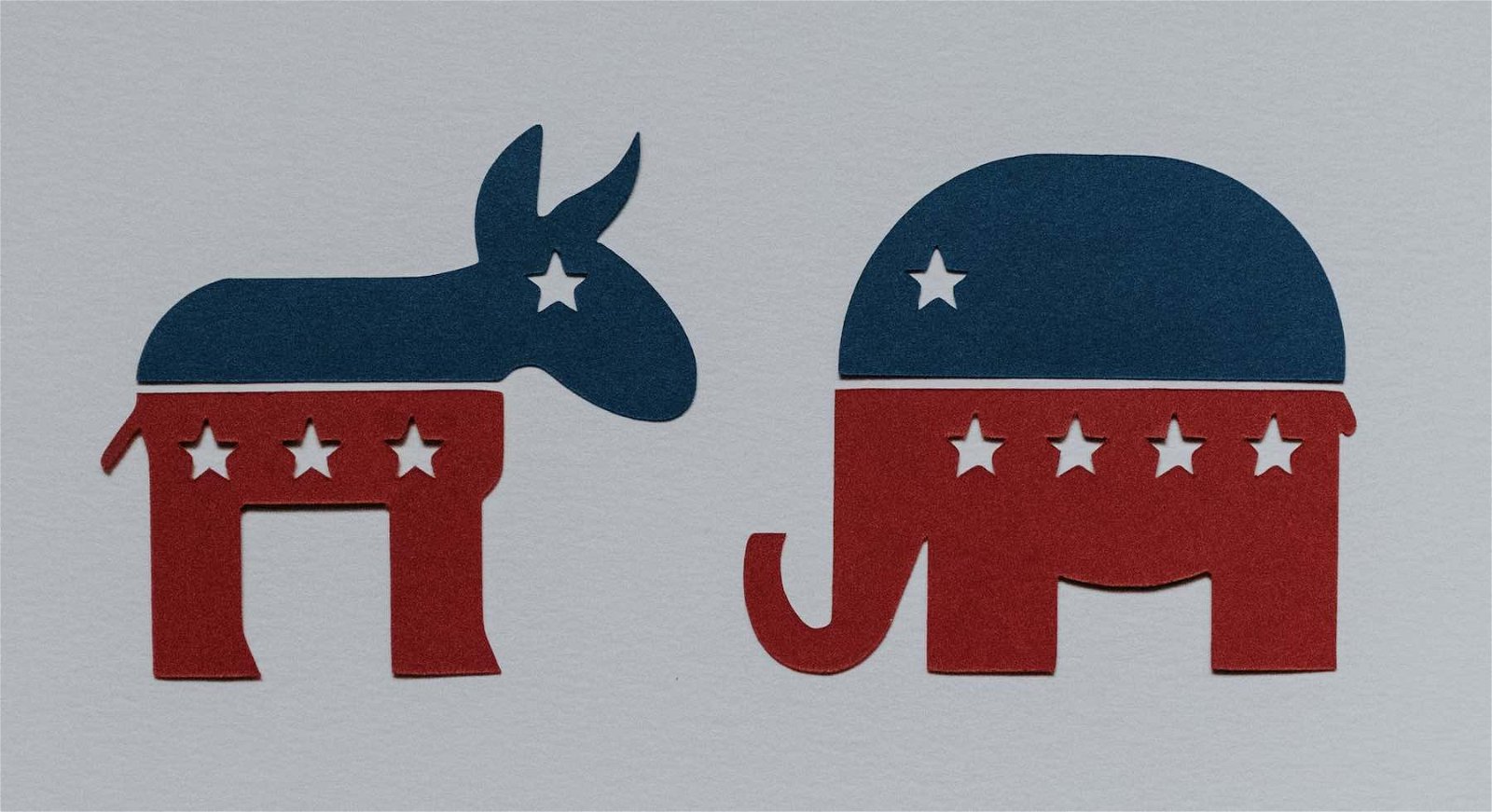University of Toronto researchers have discovered that heightened pain sensitivity could cause liberals to vote for Trump for president and conservatives to vote for Biden.
Conventional modeling often uses demographic data to try to predict voting behavior, but this study is the first to directly link a single physical trait to voting against one’s chosen political party or belief system.
Researchers Initially Thought Results ‘Were a Fluke’
In today’s highly polarized political climate, where people of differing political persuasions often receive their news and opinions from differing sources, the likelihood of someone voting against their belief system is becoming increasingly rare. This situation has led to an increasing reliance on trying to change the minds of “swing voters” in a handful of American states for critical national races, including the presidency.
Therefore, says the University of Toronto’s Spike Lee, an associate professor of marketing in the university’s Rotman School of Management, stumbling across a single trait that could alter voting behavior in such a dramatic, causing liberals to vote for Trump and conservatives for Biden, was totally unexpected.
“We were honestly not expecting to see this kind of cross-aisle effects of pain sensitivity,” said Lee. “When we first found it, we thought it might be a fluke. That’s why we ran a replication study.”
That follow-up effort produced the same results. Then, more analysis followed, once again ending with the same surprising results. In fact, according to the press release announcing the study’s shocking results, Lee, who is “cross-appointed” to the university’s Department of Psychology, was “pinching himself” at the revelations.
“We ran extended replications and follow-up studies,” said Lee. “We kept finding it.”
How Pain Sensitivity Could Cause Liberals to Vote for Trump and Conservatives for Biden
Originally, Lee and psychology student Cecilia Ma set out to test various competing theories on how pain sensitivity affects individual perceptions of both moral and political threats. “Does it heighten them across the board, only affect threats to the sensibilities we personally hold dear or make us more sensitive to somebody else’s?” they asked.
In all, seven studies were conducted involving over 7,000 U.S. participants with a wide range of political and moral beliefs. First, a self-reporting tool known as the Pain Sensitivity Questionnaire was used to measure their overall sensitivity to pain. Next, the participants were asked about their political orientation. Finally, each participant was given an “assessment of the foundations of their moral outlook.” The results, the researchers said, were not only unexpected but “shocking.”
“Liberals with higher pain sensitivity showed greater affinity for typically conservative moral values such as loyalty and authority,” they explain. “Pain-sensitive conservatives meanwhile showed more support for values such as care and fairness, usually associated with liberals.”
In their published study, which appears in the Journal of Personality and Social Psychology: Attitudes and Social Cognition, the researchers said that this pattern continued when asked about possible voting preferences in the 2020 presidential election. Shockingly, their data showed that heightened pain sensitivity could cause liberals to vote for Trump and conservatives for Biden.
Dr. Lee notes that this result doesn’t necessarily mean that the study subjects were confused about their own political orientation and that their real orientation was revealed in the study. Instead, Lee says something else is more likely at work.
“It’s not that their profile of moral sensitivities shifts from ‘only supporting our side’ to ‘only supporting the other side,’” the professor explained. “Instead, they tend to be more supportive of both sides’ views.”
Understanding How People Determine Right and Wrong Could Help Predict Political Views
The researchers are quick to point out that their study does not offer a magic bullet that will immediately help bring together the opposing sides of today’s polarized climate. However, they do believe that understanding the physiological and psychological aspects behind how decisions are made, and beliefs are formed can be just as important, if not more so, than where someone is born or how much money they make.
“(Political views) are infused with moral feelings, with emotional reactions to what’s right and wrong,” Lee explained. “The better we understand the basis of a person’s moral feelings, the better we can explain and predict their political views.”
Christopher Plain is a Science Fiction and Fantasy novelist and Head Science Writer at The Debrief. Follow and connect with him on X, learn about his books at plainfiction.com, or email him directly at christopher@thedebrief.org.

